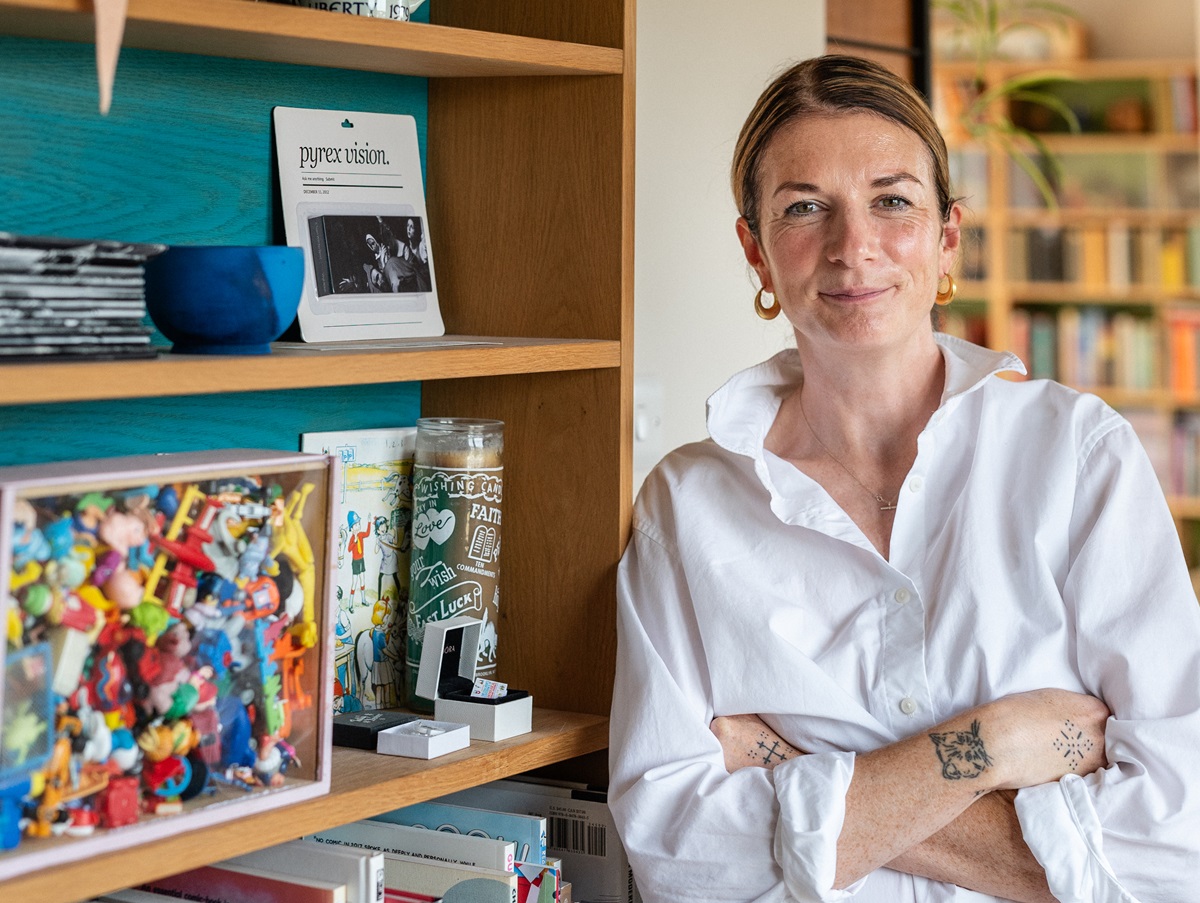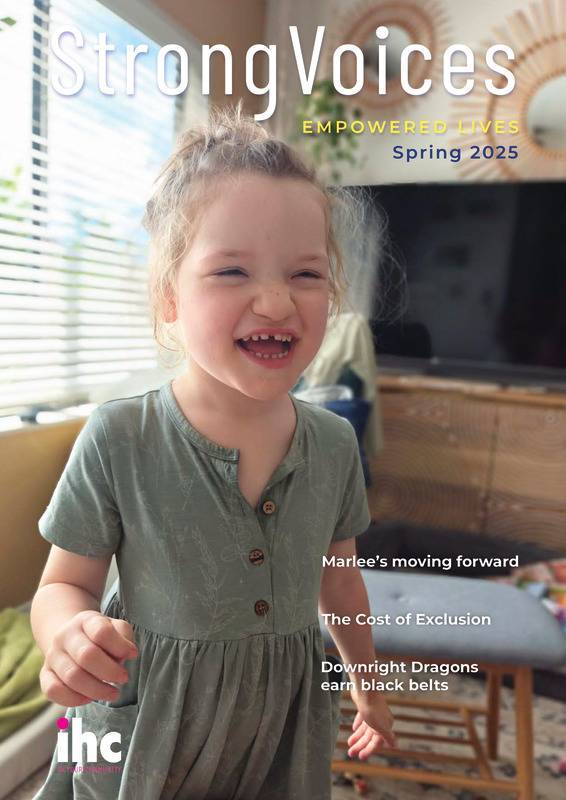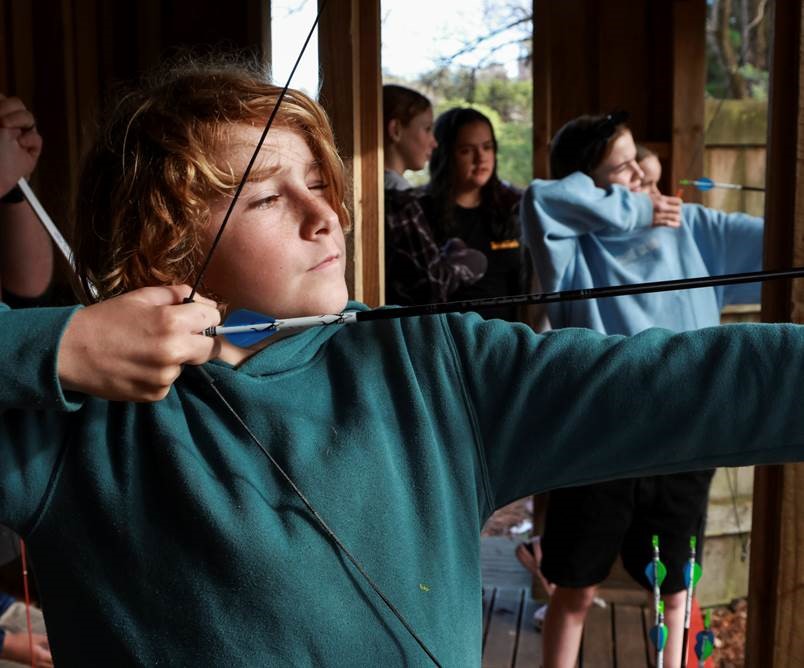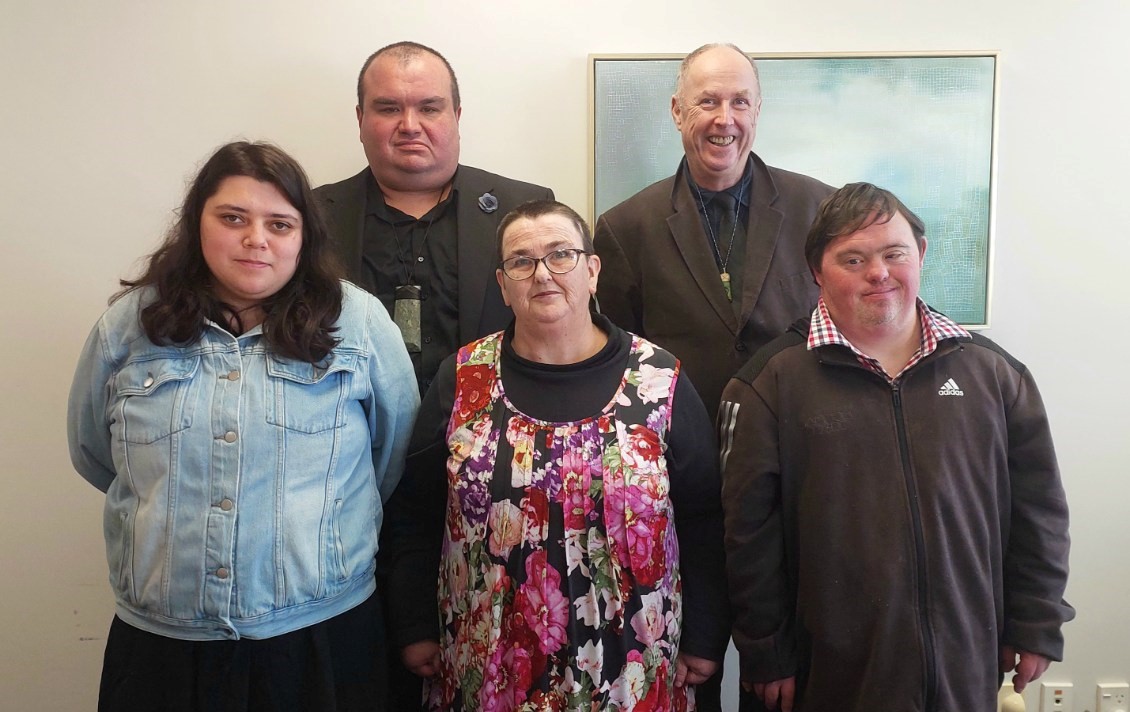Categories
Saying what’s not said: A Different Kind of Parenting

When Eliza Fricker first started going to coffee mornings for parents of neurodiverse children, something felt off. People were kind, but there was silence around some of the harder parts of getting to grips with a diagnosis — like grief, confusion and doubt. “It felt like we weren’t allowed to talk about the tricky stuff,” she says. “As though we were being hushed.”
Eliza is the author and illustrator of A Different Kind of Parenting, published in October 2024. She’s written it especially for parents who feel overwhelmed by advice - as if they’re constantly being told to “fix” things and yet who sometimes feel like they’re not doing enough.
“I think most parents already have the tools they need,” Eliza says. “They know their child best. But sometimes there are so many other voices - experts, systems, expectations - you can lose sight of your own instincts.”
Eliza’s book is honest, warm, and often funny. Her illustrations lay out some of the more uncomfortable feelings parents might have in an empathetic and simple way. She talks openly about the grief that can come with a diagnosis - not because something is wrong with the child, but because the world isn’t always built to support them.
“When my child was diagnosed, I thought it would open doors,” she says. “Instead, it felt like we were pushed into a system that didn’t really fit us. The supports we needed were treated like extras, not essentials.”
Eliza also went on to receive her own diagnosis as an adult, an experience she says helped her to let go of traditional parenting expectations. “It also showed me how different the experience of diagnosis is for children, who don’t have that agency. They don’t get to choose how they navigate things.”
The idea that parenting is about control and compliance is one that Eliza challenges. “There’s this belief that parents should be the boss, and kids should follow. When that doesn’t work, we feel like we’ve failed. But we’re not looking at what’s underneath the behaviour.”
Much of the pressure comes from the education system, she says. “There’s an assumption that every child should fit into the same mould. No one ever said to me, ‘Maybe school isn’t the right place for your child.’ It was always about getting them to stay, to comply.”
Even small things, like where a child sleeps, can carry shame. “Parents whisper to me that their 11-year-old still sleeps in their bed. But what we’re really doing is meeting our children where they’re at.”
Eliza hopes her book helps parents feel less alone. “There’s so much pressure, so many forms to fill out, so many opinions. And when things don’t work, the blame often falls on us.”
Her wish for neurodivergent and intellectually disabled children? “That they’re seen, supported and celebrated for who they are - not who someone else thinks they should be.”
And for parents? “That they feel confident in their own voice. That they know they’re not failing. They’re just parenting differently – and that’s okay.”
Image caption: Author and Illustrator Eliza Fricker.

This story was published in Strong Voices. The magazine is posted free to all IHC members.
Download PDF of Strong Voices issue







